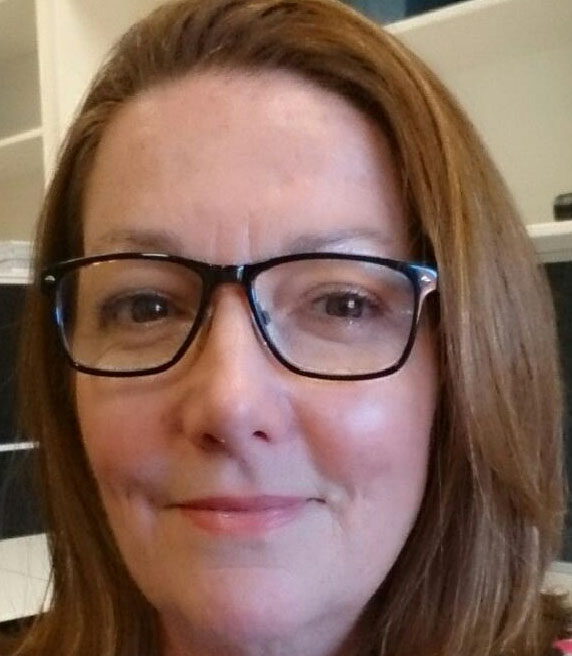End-of-Life Education Matters
A guest blog post from Kim Devery, Head of Discipline, Senior Lecturer and End-of-Life Essentials Lead, Flinders University, South Australia
As a course coordinator of the palliative care courses at Flinders University I have seen our post graduate student population change over time. Ten years ago, students were primarily health professionals who worked in specialist palliative care services. These students worked to expand and update their knowledge, sharpen their skills and improve their own professional capacity to deliver palliative care.
Today Flinders students still work to grow, change and develop, but the student profile is changing. We work with students who are employed across a range of health services including, aged care, emergency departments, pain clinics, medical wards, adult and neonatal intensive care units, and respiratory wards. These professionals are proactively seeking to expand their skills to meet the needs of the growing number of Australians (up to 52%) with a life-limiting illness and who die in acute hospitals.
End-of-life care is complex. No matter the place of work or how many years’ experience professionals often find end-of-life care challenging. Witnessing the suffering of others, including patients, families or staff; managing what are often very difficult symptoms; responding to distressing emotions and having perplexing conversations about dying, are just some of these challenges. Yet, these are daily responsibilities for countless Australian health care professionals.
But then again, professional growth is a powerful force. We have been inspired to witness deep learning in doctors, nurses and allied health professionals who work to change practice for the better and, many times, in the health care systems in which they work. Quality education combined with an enthusiasm to learn and grow are impressive.
The End-of-Life Essentials project is another great opportunity to further develop end-of-life care education for doctors, nurses, and allied health professionals.
End-of-Life Essentials: Education for health professionals within acute hospitals provides online learning modules and implementation resources to help build health professional capacity to provide good care in Australian hospitals. Relevant for nurses, doctors and allied health professionals in any acute care practice setting, this e-learning package deals with end-of-life care. The package is free to use and can be easily accessed from anywhere in Australia.
All components of the e-learning package draw upon the Australian Commission on Safety and Quality in Health Care’s National Consensus Statement: Essential elements for safe and high-quality end-of-life care. This reflects the views of clinicians, health consumers, carers, experts in the field and the Commission. The first three online learning modules will be available on the 24th June 2016. You can register your interest here.

Kim Devery, Head of Discipline, Senior Lecturer and End-of-Life Essentials Lead, Flinders University, South Australia